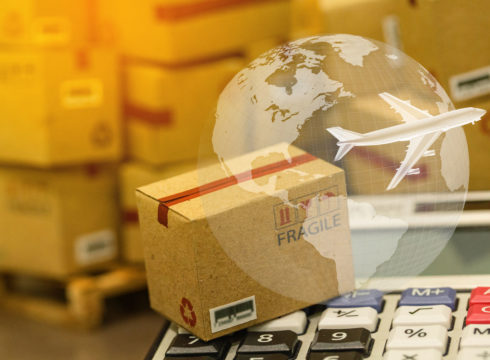The issues being discussed on the draft policy include data localisation, setting up of an ecommerce regulator etc
Some of the critics of the policy include government departments and ministers
The commerce department will soon put out a fresh draft policy for further debate after taking feedback from other stakeholders
Inc42 Daily Brief
Stay Ahead With Daily News & Analysis on India’s Tech & Startup Economy
Even as Indian Ecommerce policy draft continues to baffle various stakeholders with its suggestions, commerce department has now asserted that India requires a domestic ecommerce policy as there was pressure from developed countries on it to take part in WTO negotiations on online trade and also to counter China’s domination in the digital space.
The issues being discussed on the draft policy include data localisation, setting up of an ecommerce regulator, move to allow 49% foreign investment in inventory-based online retail, restrictions on deep discounts, and preference for RuPay.
Some of the critics of the policy include government departments and ministers, but a commerce department official said such a policy was needed by India to safeguard its interests and other ministries and departments were shying away from their responsibilities.
An official further said that the idea of the policy was to create a robust information base, facilitate an ecosystem for the domestic economy, strengthen consumer protection in the ecommerce space, ensure the safety of personal and community data in the country and become WTO compliant.
As Inc42 had reported at the time of setting up of ecommerce think tank, a group of 71 WTO countries have launched intensive discussions on ecommerce and also, recently met for the first time in Geneva with 13 other delegations.
Till now, India has returned blank stares on the subject of its stance on negotiating rules on ecommerce at WTO and the Regional Comprehensive Economic Partnership agreement.
However, reports have claimed that India had been avoiding these talks as it was waiting for its food security concerns to be resolved. Also, it has been suggested that India is not willing to leverage ecommerce as a trade platform and become the back door for securing market access objectives, especially in the garb of small and medium enterprises.
“We need to have a clear domestic policy to back our stance,” a negotiator in the know of the details said.
The commerce department says if attempts at WTO are successful, developing countries may be left with little flexibility to take measures for nurturing the domestic digital economy and bridge the divide to reach a more balanced dispensation.
On the need of such domestic policy, the draft policy says, “It is, therefore, imperative that the approach the government takes on issues related to ecommerce in international trade negotiations and discussions is fully cognizant of the need to preserve flexibility and create a level playing field.”
Going forward, the commerce department will soon put out a fresh draft policy for further debate after taking feedback from other stakeholders including relevant ministries and departments.
Indian government’s Economic Survey 2018 has revealed that India’s ecommerce market reached $33 Bn registering a 19.1% growth in 2016-2017, as India looks to leverage $200 Bn ecommerce industry by 2026.
[The development was reported by ET.]
Note: We at Inc42 take our ethics very seriously. More information about it can be found here.


